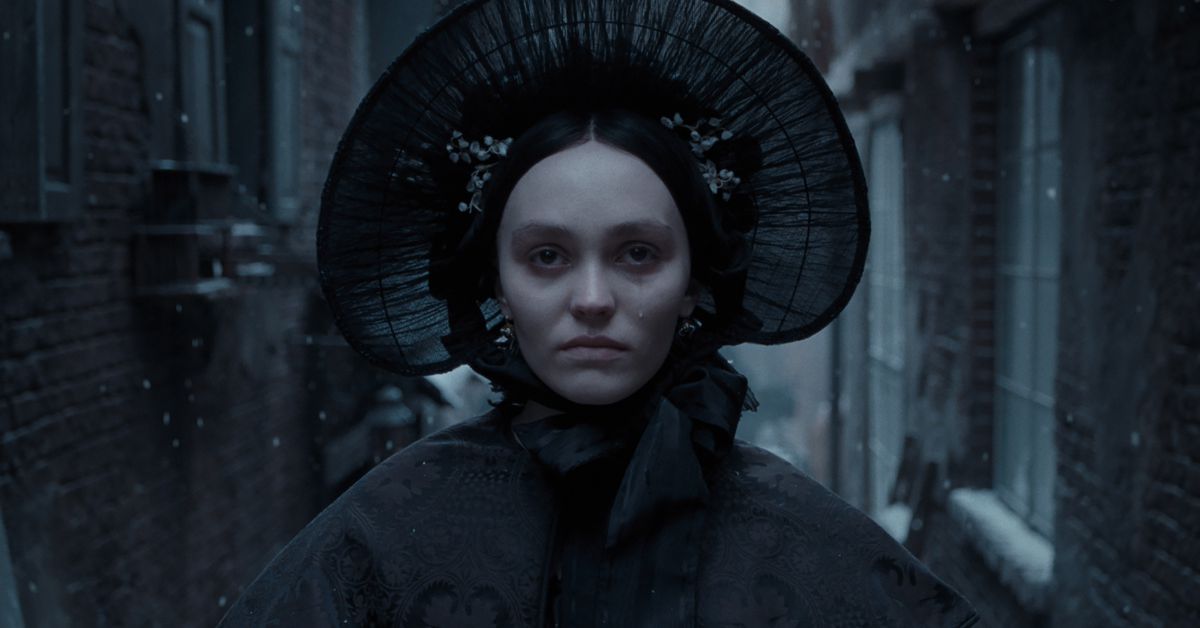The Evolution of Vampire Lore: A Closer Look at Robert Eggers’ Nosferatu
Vampires have long been a staple of horror cinema, with their eternal presence a testament to the enduring power of folklore. From Bram Stoker’s Dracula to F.W. Murnau’s Nosferatu, these iconic creatures have captured our imagination and inspired countless adaptations and reinterpretations over the years. But with so many retellings, it’s easy to wonder: what can a new film bring to the table?
Writer/director Robert Eggers is no stranger to pushing the boundaries of horror cinema. His latest effort, Nosferatu, is a thought-provoking take on the classic tale that not only acknowledges its predecessors but also boldly reimagines the genre.
A Fresh Perspective
Even for those familiar with Murnau’s original or Stoker’s novel, Eggers’ Nosferatu offers a unique perspective. By embracing the spirit of the past while incorporating elements from other vampire classics, Eggers invites audiences to experience the story as if they were witnessing it for the first time.
This approach is evident in the way Ellen Hutter (Lily-Rose Depp) navigates her eerie and unsettling reality. As she grapples with the supernatural presence of Count Orlok (Bill Skarsgård), we’re drawn into a world where the lines between dreams and reality are blurred. The film’s use of modern filmmaking techniques to evoke early 20th-century cinema is nothing short of masterful, transporting viewers to a bygone era while maintaining an unsettling sense of unease.
A Psychosexual Exploration
Eggers’ Nosferatu delves deeper into the interiority of its protagonist than any previous adaptation. Through Ellen’s character, we witness a woman suffocating under the weight of 19th-century misogyny and societal expectations. Her terror, shame, and arousal are palpable as Orlok’s presence begins to exert a malign influence on her life.
This psychosexual exploration is not only a departure from traditional horror but also a testament to Eggers’ willingness to confront the complexities of human experience. By embracing the darker aspects of his characters, he creates a sense of vulnerability that makes their plight even more relatable and terrifying.
A Tribute to Horror Classics
One of the most striking aspects of Nosferatu is its reverence for the horror classics that have shaped the genre. From Murnau’s original to Tod Browning’s 1931 adaptation, Eggers pays homage to the pioneers who paved the way for modern horror cinema. His use of black-and-white cinematography and near-monochromatic color palette is a brilliant nod to the films of yesteryear.
The result is a film that not only stands on its own but also celebrates the legacy of those who came before it. Nosferatu is a true tribute to the horror classics, one that will undoubtedly leave audiences in awe of Eggers’ mastery and appreciation for the genre.
A Masterclass in Atmosphere
While some contemporary horror films rely on jump scares and gore, Nosferatu achieves its terror through atmosphere and suggestion. The way Orlok’s presence is felt but not seen is a masterclass in building tension and unease. Skarsgård’s performance as the count is nothing short of chilling, but it’s Depp and Hoult who truly bring the film to life with their nuanced portrayals of Ellen and Thomas.
A Remake that Exceeds Expectations
In an era where remakes are often met with skepticism, Nosferatu stands out as a triumph. By embracing its predecessors while injecting new life into the story, Eggers has crafted a film that will be remembered for years to come. With its thought-provoking themes and masterful atmosphere, this is not just a remake but a reimagining of the vampire genre.
Conclusion
Robert Eggers’ Nosferatu is a testament to the enduring power of horror cinema. By embracing the spirit of the past while incorporating elements from other classics, Eggers has created a film that will be remembered as an instant horror classic. With its thought-provoking themes and masterful atmosphere, Nosferatu is a must-see for fans of the genre. Don’t miss out on this unforgettable experience when it hits theaters on December 25th.
Cast:
- Lily-Rose Depp as Ellen Hutter
- Bill Skarsgård as Count Orlok
- Willem Dafoe, Ralph Ineson, and Simon McBurney in supporting roles
Rating: 9.5/10





